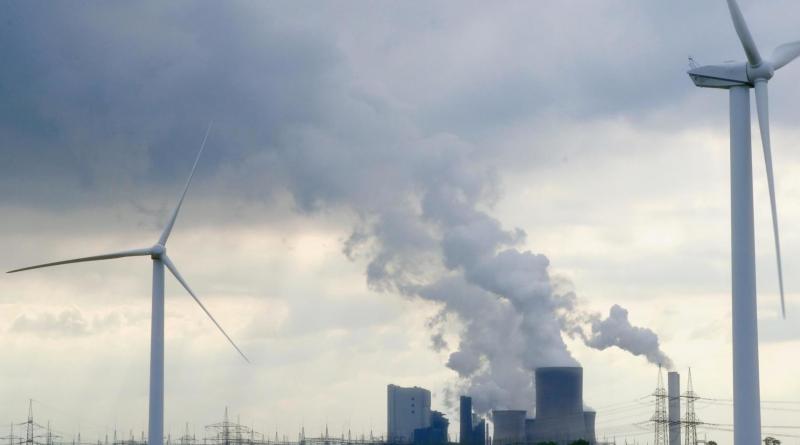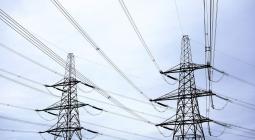Renewables offer coal-dependent European countries a low-cost transition option

With the energy transition in Europe at a significant crossroads and the European Union looking to increase its climate ambitions to a 55% reduction in greenhouse gas emissions by the end of the decade, decarbonising Europe’s remaining coal-reliant countries has the potential to create billions in clean energy investment that could pave the way for a vital green recovery from the global COVID-19 pandemic.
This is the primary conclusion from a new report published this week by Today, Bloomberg Philanthropies and BloombergNEF (BNEF) entitled Investing in the Recovery and Transition of Europe’s Coal Regions. The new Bloomberg report analyses the transition of the power sector in four key Central and Eastern European economies – Bulgaria, Czechia, Poland, and Romania – four of Europe’s most coal-intensive economies that have similarly failed to define a plan to phase-out coal.
According to the report, the four countries together have more than 50GW of coal- and lignite-fired capacity in their electricity mix and account for nearly two-thirds of Europe’s coal capacity not yet covered by a coal exit policy.
The report models two power system outlooks for each of the four countries – a least-cost scenario, and a scenario based on each country’s National Energy and Climate Plan (NECP). Unsurprisingly to those paying attention, the results of the report’s least-cost scenario “show that significantly more ambitious 2030 renewables targets are already possible” and that the four countries could each reach a 47% share of renewables generation by 2030 compared to the 31% achieved through their existing NECPs.
Bloomberg’s least-cost scenario for the four countries is policy-agnostic, relying simply on the cost-competitive nature of renewable energy sources such as solar and wind, and finds that the energy transition could deploy 53GW of new renewable capacity across the four countries and unlock up to €53.7 billion ($A87 billion) in new investment. In short, the report finds that “Following a least-cost power system development model can help better manage transition costs, and free budgetary funds to mitigate the socio-economic impact of phasing out coal.”
The report concludes by clearly stating that “Renewables are the cheapest source of new bulk electricity generation for Poland, Czechia, Romania and Bulgaria” and that “New renewables are becoming competitive against the marginal cost of existing coal and gas power plants.”
8 July 2020
IEEFA





